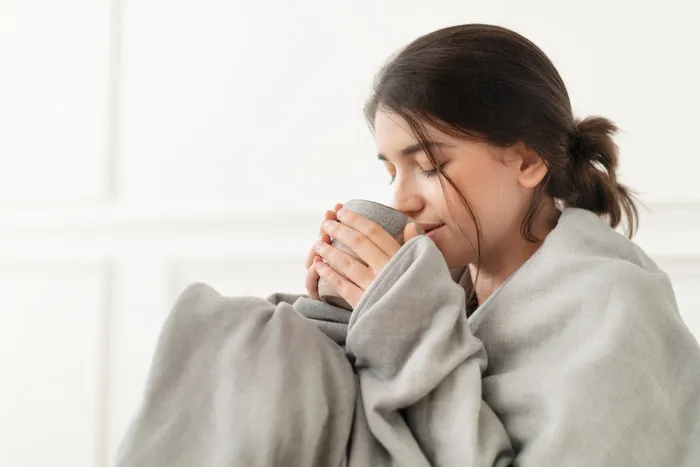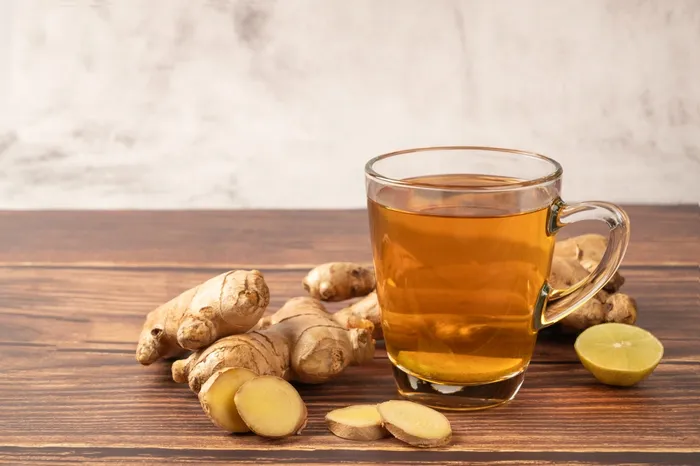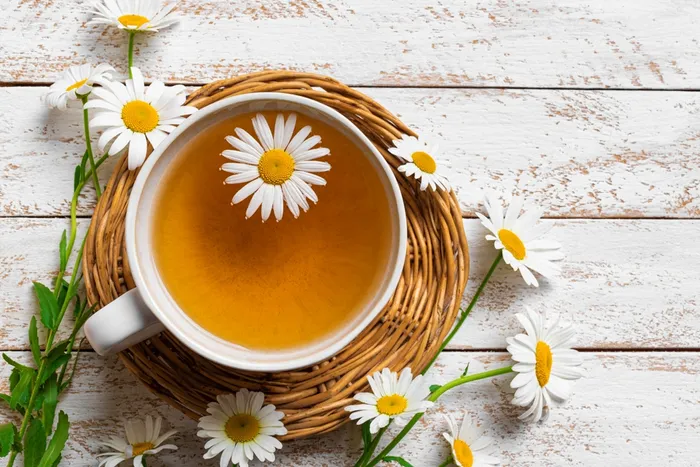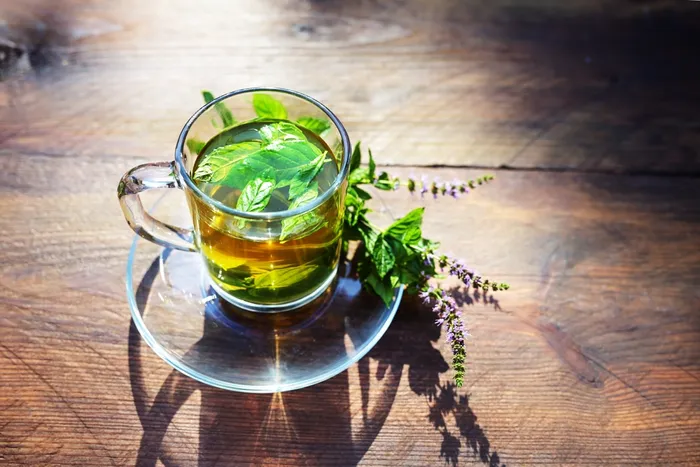Tea that can Heal Muscles Fast from Over Walking
After walking great distances, especially if you are not used to it, muscle discomfort is a normal occurrence. Micro-tears in muscle fibers brought on by overwalking could cause pain, stiffness, and tiredness. Maintaining an active lifestyle and avoiding more discomfort depend on a recovery from muscular soreness.
Drinking tea is one natural approach to relieve muscular aches. Apart from being relaxing and consoling, teas provide chemicals that assist lower inflammation, enhance blood flow, and relax muscles. This guide introduce tea that can heal muscles fast from over walking, might improve general well-being and help with speedier muscular recovery.
Why Tea is Good for Sore Muscles
For millennia, people have utilized tea to treat many medical issues; muscle rehabilitation is not an exception. Key reasons tea is a great cure for painful muscles are its anti-inflammatory and antioxidant qualities. Here is the how tea operates:
- Anti-inflammatory Benefits: Flavonoids and polyphenols abound in many teas, including green and ginger tea. Polyphenols assist fight oxidative stress; flavonoids target inflammatory pathways in the body. Taken together, they hasten the natural healing process by lowering swelling and pain in muscles and joints. For muscle healing, tea is therefore a particularly powerful and calming choice.
- Rich in Antioxidants: By neutralizing free radicals created during intense exercise, antioxidants in tea significantly help muscles heal. Oxidative stress brought on by free radicals can damage muscles and induce tiredness. Reducing these toxic compounds helps antioxidants preserve muscle cells, speed their healing, and stop long-term wear and tear. Particularly good in enhancing these advantages are teas such as green tea, high in catechins.
- Promotes Hydration: Drinking tea helps you stay hydrated, which is really vital for preserving good muscles and lowering stiffness. Since it helps to preserve fluid balance and avoids cramps, hydration is absolutely essential for muscles to perform as they should. Tea helps recuperation and maintains muscle performance by eliminating toxins generated after physical exercise and restoring lost vital electrolytes from sweating. Herbal teas, including peppermint and ginger, can also have naturally occurring minerals to help hydration.

Is Breakfast Tea Good for Sore Muscles?
Although black tea and other breakfast teas are usually connected with morning energy boosts, they also offer major advantages for muscle rehabilitation. This explains why:
- Rich in Caffeine: Breakfast teas’ natural stimulant, caffeine dilates blood vessels, therefore improving blood flow to sore muscles. This improves the oxygen and nutrient delivery, therefore hastening the healing process. Caffeine also blocks adenosine, a neurotransmitter that communicates pain, so offering brief relief from muscle aches.
- Contains Theaflavins: Special to black tea, theaflavins are potent antioxidants that block pro-inflammatory enzymes hence lowering inflammation. These substances also help cells heal, hence black tea is a great beverage for recuperation following exercise.
- Mood Booster: L-theanine in black tea interacts in concert with caffeine to encourage mental clarity and relaxation. After a long walk, when discomfort and tiredness could leave you mentally depleted, this is particularly beneficial. Black tea helps you keep motivated and concentrated on your recovery objectives by improving your mood.
Best Herbal Teas for Post-Workout Recovery
Excellent for encouraging recovery following physical activity are herbal teas. These are the best options:
Ginger Tea
- Benefits: Strong anti-inflammatory qualities of ginger are well-known for reducing swelling and muscular pain. It also improves circulation, so guaranteeing that nutrients and oxygen reach aching muscles more quickly, so accelerating the healing process. Ginger also includes shogaols and gingerols, substances with a warming effect that help to further calm muscle aches.
- How to Use: Set fresh ginger slices in boiling water for ten minutes. Add honey and a squeeze of lemon to enhance its medicinal qualities and make the tea more delicious.

Chamomile Tea
- Benefits: Natural relaxing qualities of chamomile not only ease muscular tension but also encourage deeper, restful sleep, which is absolutely essential for general healing. Its flavonoids help to gently relax muscles, therefore lessening pain and spasms. This tea is perfect for easing muscle tension linked to stress.
- How to Use: Steep a tea bag in boiling water for five to seven minutes or steep chamomile blossoms. To get most from it, enjoy it warm before bed.

Green Tea
- Benefits: Strong antioxidants called catechins abound in green tea, which helps muscles heal by countering oxidative stress. It is a two-action cure for discomfort since it also has minor anti-inflammatory properties. Its low caffeine level can also offer a subdued energy boost, which would help with post-walk output.
- How to Use: To retain its delicate taste and green tea health advantages, brew in hot but not boiling water two to three minutes. Extended steeping could lead to bitterness.

Peppermint Tea
- Benefits: One cool option for relieving muscular tension and boosting digestion is peppermint tea. Natural cooling properties of its menthol content help to ease inflammation and tight muscles. It also helps intestinal health, which is absolutely vital for general recuperation.
- How to Use: For five to seven minutes, steep a tea bag or some fresh peppermint leaves in boiling water. Depending on your taste, sip it warm or cold.

Turmeric Tea
- Benefits: Curcumin, the main ingredient in turmeric, is a strong anti-inflammatory agent that lowers muscular inflammation and improves the body’s own healing ability. Black pepper helps to enhance curcumin absorption, so enhancing the potency of the tea.
- How to Use: In hot water, mix one teaspoon of turmeric powder with a bit of black pepper. Stir thoroughly; for a sweeter taste, add honey. For a creamy texture, optional include a dash of coconut milk.

How to Use Tea for Faster Muscle Recovery
Maximize the benefits of tea by following these tips:
- Brewing Times: Steep your tea for the advised time to maximize its taste. Green tea should be made for two to three minutes, for instance; herbal teas like chamomile can call for five to seven minutes.
- Enhance with Natural Ingredients: To boost taste and strengthen the therapeutic qualities of the tea, toss lemon, honey, or cinnamon.
- Drink Warm, Not Hot: Warm tea soothes your digestive tract and muscles without aggravating your throat.
Incorporating Tea into Your Post-Walking Routine
Adding tea to your daily routine is simple and effective. Here are some suggestions:
- Immediately After a Walk: Drink a cup of green tea or ginger tea to kickstart recovery and replenish antioxidants.
- Before Bed: Sip on chamomile or turmeric tea to relax your muscles and improve sleep quality.
- Make It a Ritual: Pair tea with light stretching or a warm bath to create a holistic recovery experience.
Other Benefits of Drinking Tea for Walkers
In addition to aiding muscle recovery, tea offers several other benefits:
- Boosts Energy Levels: Without the jitters of coffee, black and green teas offer a modest energy boost.
- Improves Digestion: Herbal teas such as ginger and peppermint help digestive health, hence lessening of bloating and pain.
- Enhances Hydration: For hikers, staying hydrated is crucial; tea is a tasty approach to do this.
Conclusion of Tea that can Heal Muscles Fast from Over Walking
A natural, fun, and powerful cure for overwalking-induced muscle aches is tea. There is a tea for everyone, whether your taste runs toward the anti-inflammatory effects of ginger, the calming qualities of chamomile, or the antioxidant power of green tea. Including tea in your recovery regimen will help you stay active longer, heal faster, and feel better.
Bonus Tips (Optional)
DIY Herbal Tea Recipe for Muscle Recovery
- Ingredients: 1 teaspoon ginger, 1 teaspoon turmeric, a pinch of black pepper, 1 tablespoon honey, and 2 cups water.
- Instructions: Boil the water, add ginger and turmeric, and simmer for 5 minutes. Strain, add honey, and enjoy.
FAQ
Q: Can I drink tea every day for muscle recovery?
A: Yes, daily tea consumption can support overall muscle health and recovery.
Q: Which tea is best after intense physical activity?
A: Green tea or ginger tea is ideal due to their antioxidant and anti-inflammatory properties.
